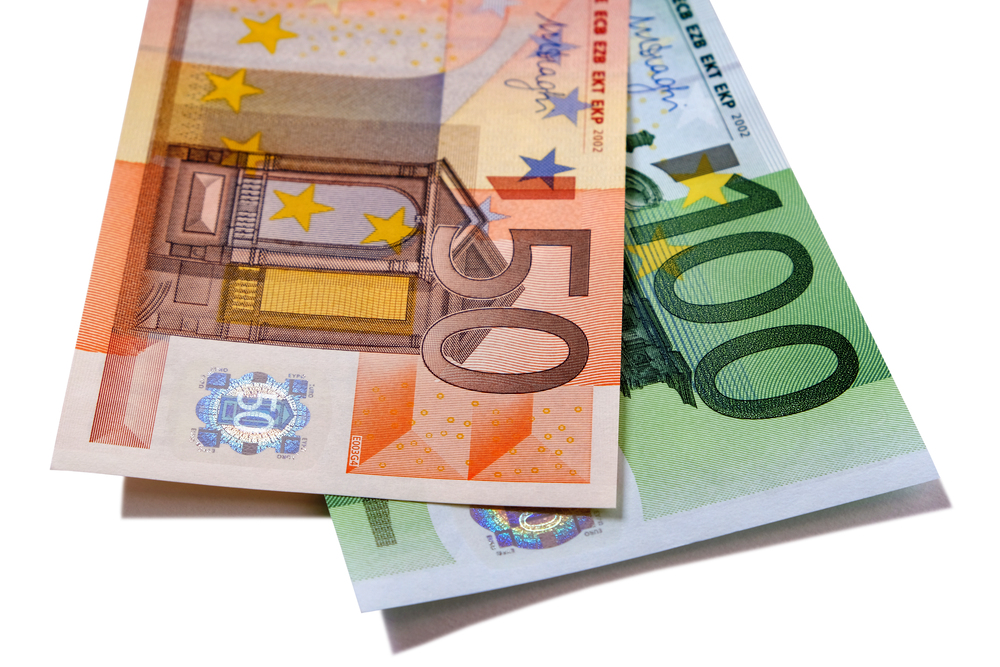 Countdown to the Euro: Preparing for Bulgaria’s 2026 Currency Switch
Countdown to the Euro: Preparing for Bulgaria’s 2026 Currency Switch
In 2026, Bulgaria plans to join the Eurozone, replacing the Bulgarian lev (BGN) with the euro. For a nation that has used the lev for more than a century in various forms, the switch marks a historic economic shift — one that stirs both optimism and apprehension.
The move comes after years of preparation. Bulgaria has been pegging its lev to the euro since 1999 through a currency board, meaning exchange rates have been fixed at 1.95583 BGN per euro. This has given the country a level of monetary stability, but adopting the euro fully requires meeting strict Maastricht criteria: low inflation, stable public finances, and alignment with European Central Bank regulations.
Officials in Sofia say the benefits are clear. Joining the Eurozone promises lower currency exchange costs, easier cross-border trade, and increased investor confidence. Tourism — a vital sector — could see a boost as visitors from other Eurozone countries avoid conversion fees. Bulgarian exporters expect smoother transactions, while the government hopes euro adoption will anchor the country more firmly in the European project.
Still, not everyone is convinced. Critics worry about price rounding and inflation spikes, citing examples from other countries where consumer prices appeared to rise after the euro was introduced. There’s also a sense of losing national identity; the lev’s history is intertwined with Bulgaria’s statehood, and its coins feature national symbols that some fear will fade into memory.
To ease concerns, the government has launched public information campaigns, promising strict monitoring of prices during the transition. The official plan includes a short dual-circulation period, during which both lev and euro will be accepted, and a mandatory dual-display of prices in both currencies for several months before and after the switch.
Banks and businesses are already preparing. Financial institutions are updating systems to handle euro transactions, while retailers are training staff for the dual-pricing phase. ATMs and payment terminals will be recalibrated, and public transport ticketing systems are being adapted.
For ordinary Bulgarians, the change will be most visible in everyday transactions — from the supermarket to the café. Many are already familiar with the euro through travel, remittances, or online shopping, which may ease the psychological shift.
The countdown to 2026 is not just about swapping banknotes; it’s about Bulgaria’s economic integration, competitiveness, and place in Europe’s future. Whether met with celebration or nostalgia, the euro’s arrival will mark the start of a new chapter — one whose success will depend on careful planning, transparent communication, and public trust.





